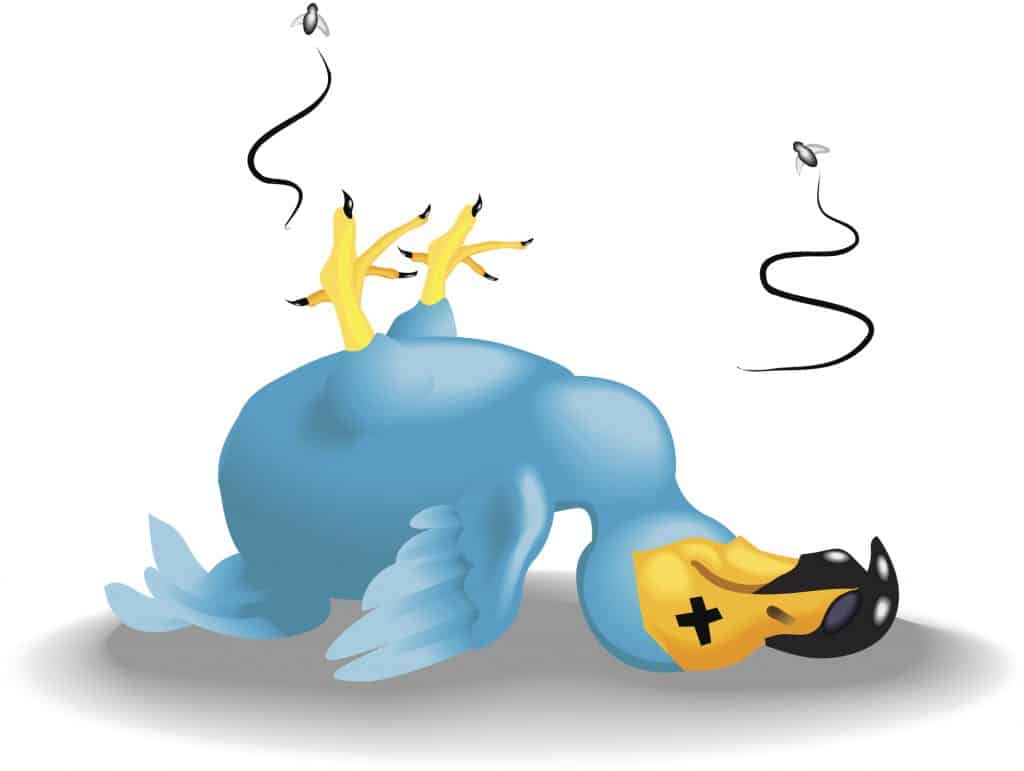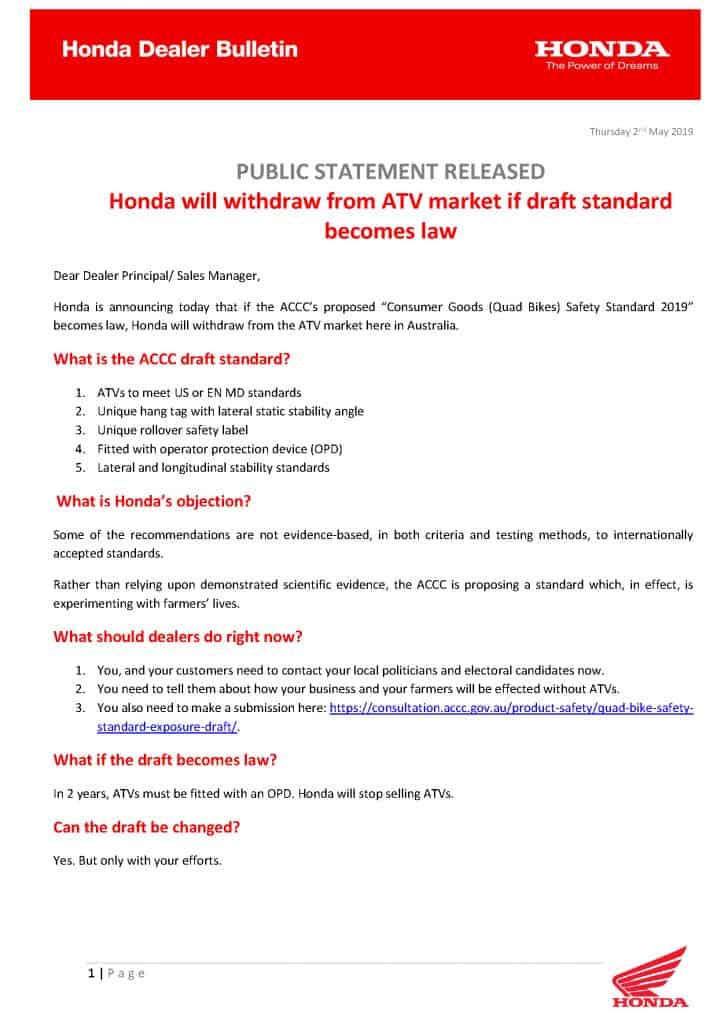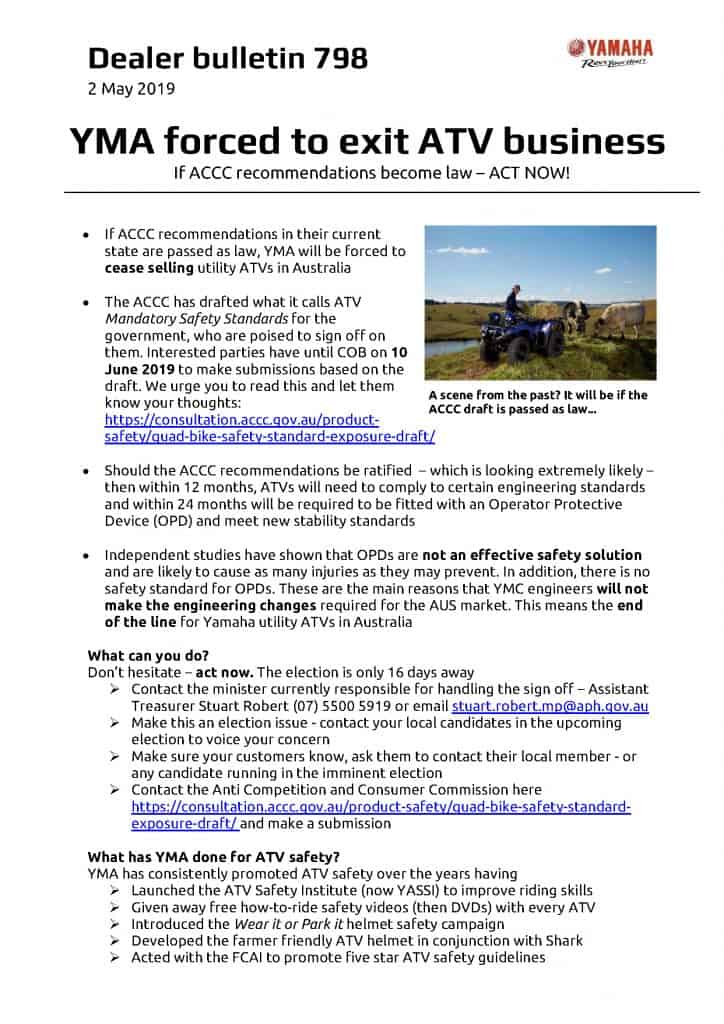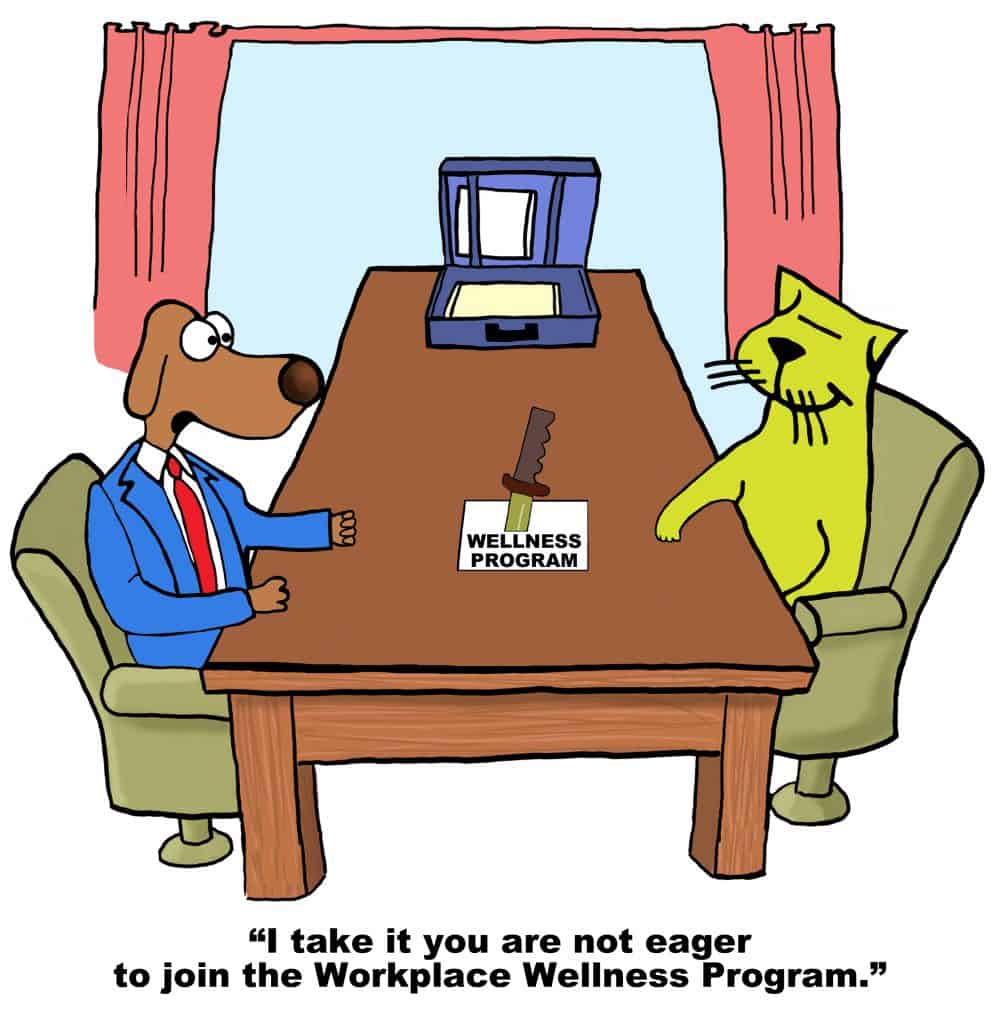
In June 2018, Rick Sarre, now the Dean of Law at the University of South Australia’s School of Law, wrote an article in The Conversation titled
“Why industrial manslaughter laws are unlikely to save lives in the workplace“. On the eve of the #safetyscape conference and an upcoming conference on enforcement in which presentations on Industrial Manslaughter laws will feature, SafetyAtWorkBlog asked the very busy Professor for an update on some of the themes and thoughts in his article. Below are his responses.






